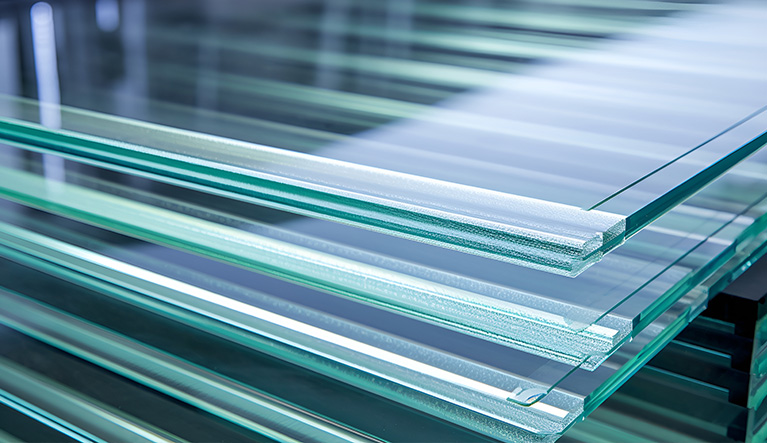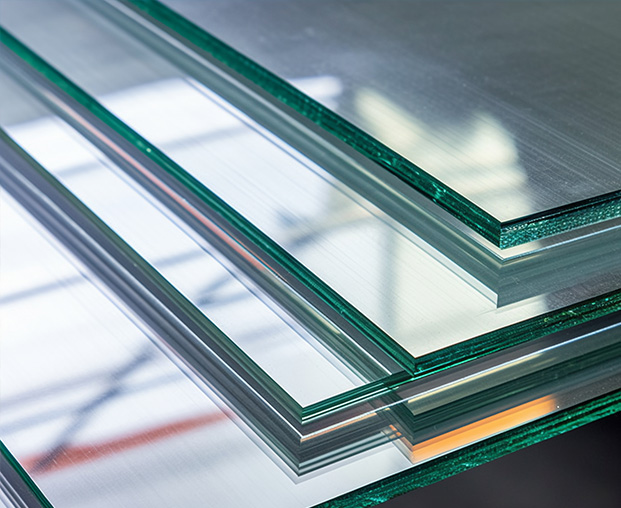The glass industry heavily relies on refractory materials during the production process. Refractories are crucial in ensuring high-quality glass production while maintaining operational efficiency. Here’s an overview of how refractory materials contribute to the glass industry:

Glass melting furnaces: Refractories are used to line the interior of glass melting furnaces, which operate at extremely high temperatures (up to 1600°C). The refractory lining protects the furnace structure and ensures efficient heat retention during the melting process.
Regenerators: Regenerators are used to preheat the combustion air in glass melting furnaces, increasing energy efficiency. Refractory materials in regenerators must withstand high temperatures, thermal shock, and chemical corrosion.
Feeder channels: Refractory materials line the channels through which molten glass is transported from the furnace to the forming machines.
Forehearths: Forehearths are used for cooling and homogenizing molten glass before it enters the forming process. Refractories ensure thermal insulation and prevent contamination of the molten glass.
High-temperature resistance: Refractories must withstand the high temperatures encountered during glass melting and forming processes without significant deformation or degradation.
Thermal shock resistance: Glass production involves frequent temperature fluctuations, so refractories must resist cracking or spalling due to thermal shock.
Corrosion resistance: Molten glass contains various chemical compounds that can react with refractory materials. Refractories must resist chemical corrosion to prevent contamination of the molten glass.

Enhance glass quality: Refractory materials prevent contamination of molten glass, ensuring high-quality products.
Improve energy efficiency: Refractories enable better heat containment in glass melting furnaces, reducing energy consumption and lowering production costs.
Extend equipment life: Refractory materials protect glass production equipment from wear and tear, minimizing maintenance frequency and extending service life.
In conclusion, refractory materials are essential in the glass industry for achieving high-quality production, improved energy efficiency, and extended equipment life. With their unique properties and numerous applications, refractories will continue to play a crucial role in the future of glass production.
The glass industry heavily relies on refractory materials for various applications during the production process. Refractories are crucial in ensuring high-quality glass production while maintaining operational efficiency.